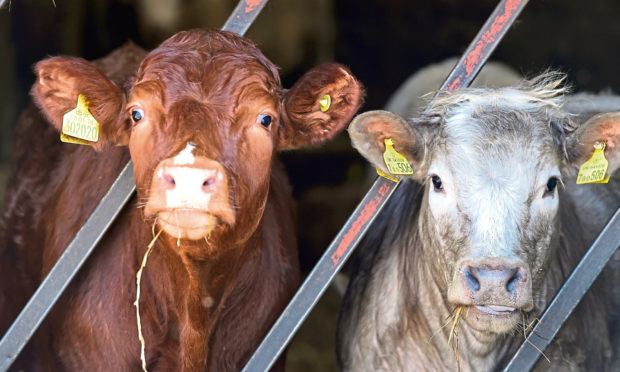Parasitic worm infections are costing UK livestock producers £270 million in lost production and treatment costs every year, claims a new study.
The study, published in Preventive Veterinary Medicine, involved researchers from the Moredun Research Institute near Edinburgh, Queen’s University in Belfast and Liverpool University.
It examined the economic burden of parasitic worm infections – such as roundworms, liver fluke and lungworm – on the livestock sector in 18 European countries including the UK.
It ranked the countries based on the cost of worms to their livestock industry, and France came out top at £419m, followed by the UK at £270m and Ireland at £214m.
A breakdown of the economic impact of worms in the UK showed the dairy sector accounting for 55% of total costs at £149m – the loss of production in the sector was £133m and the cost of treatment was estimated at £16m.
Worms were estimated to be costing the UK beef sector £78m – £53m in lost production and £25m in treatment costs.
The cost to the UK sheep sector was estimated to be £43m, comprising £15m in lost production and £28m in treatment costs.
Professor Eric Morgan from Queen’s University said the study highlighted the “staggeringly high” impact worms have on cattle.
“All farmed ruminants with outdoor access are exposed to these parasites,” said Prof Morgan.
“The move towards producing more milk and meat from grazed grass is also increasing the risk of picking up infections. The numbers are only going one way.”
He said although farmers and their advisers were working to control worms through the use of anthelmintic drugs, resistance to these medicines was on the rise and the study found wormer resistance was responsible for losses of £3.5m in the cattle industry as a whole.
Dr Dave Bartley from the Moredun said: “The results highlight the need to ensure that when anthelmintics are used, they are doing the job expected of them.
“Farmers should ask their vet or adviser about doing an anthelmintic efficacy check.”
Dr Hannah Rose Vineer from Liverpool University, agreed and said: “There is no good waiting until there is a serious health problem or using products the worms have grown resistant to.
“Take the right steps now – or risking losing chemical control in the future.”
